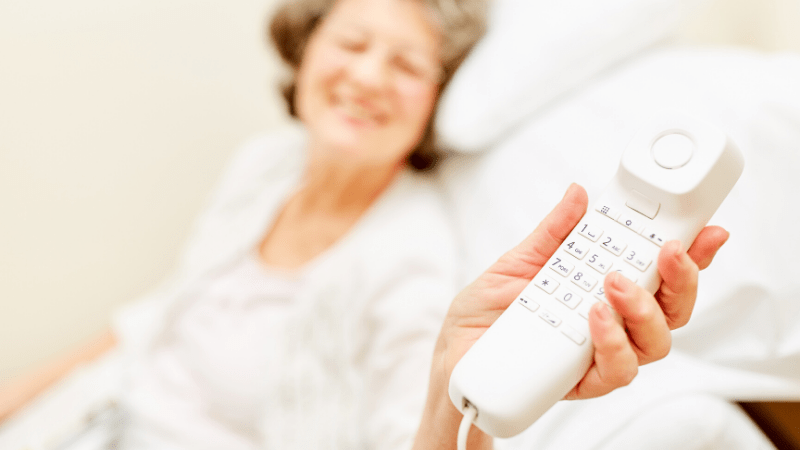Patients with multiple chronic conditions face some of the highest readmission rates in the United States. A study found that patients with five or more chronic conditions faced a readmission rate of 24.8 percent.¹ The rate steadily increased as the number of prevalent chronic conditions increased.
One solution for assisting these patients is Chronic Care Management (CCM), a specialized solution for Medicare patients with two or more chronic conditions. As CCM services are typically non-face-to-face, clinicians use asynchronous secure messaging, video calls and Remote Patient Monitoring (RPM) to connect with patients. CCM can improve engagement and ultimately improve health outcomes for at-risk patients with multiple chronic conditions.
However, many of these at-risk patients often have changes in their care plans due to having recently been discharged from a hospital or another facility. These patients in the transitional period with multiple chronic conditions are often the ones facing the most poorly managed health care. They can suffer from low engagement levels, low-quality communication from the care team, poor collaboration between team members, inadequate monitoring and follow-up, poor continuity of care, and gaps in services as they move between care professionals and care settings.²
Additional support for these patients can be completed by implementing Transitional Care Management (TCM) into their care plan, ensuring continuity of care. TCM requires contact to be made between the caregiver and the beneficiary within two business days of the patient’s discharge. The clinician using TCM then focuses on reviewing discharge information, the need for follow-up tests or treatments and any further education the patient and his or her support team may need. TCM encourages constant communication between the patient and the care team, which provides higher quality care and support.
In a randomized clinical trial that studied older patients with heart failure returning to their homes, patients who had received TCM went without readmission for longer periods of time compared to those who had not.² This suggests that using proper engagement techniques and providing additional assistance to patients with multiple chronic conditions through TCM can help patients become successful in his or her own care management. Additionally, when health care systems observe a year after being discharged, the patients who received TCM services had saved an average of $4,845 per patient.²
Transitional Care Management (TCM) can save $4,845 per patient per year
The utilization of TCM has grown greatly over the years. In 2013 alone, there were 476,307 TCM services billed, according to Medicare claims data. In 2018, that number increased to 1,358,697. Between January 2013 and December 2018, there were 5,354,427 TCM services billed through Medicare. This same study says there is great potential for specialists to increase their use of TCM, especially for patients with complex or multiple chronic conditions after being discharged.³
By using TCM and CCM hand-in-hand, even the most complex patients can receive the care they require. Engaging with patients as they are discharged and providing them additional support can save time and money, and it can keep patients from being readmitted into hospitals for the long run.
Sources
¹ Mihailoff, Michael et al. “The Effects of Multiple Chronic Conditions on Adult Patient Readmissions and Hospital Finances: A Management Case Study.” Inquiry : a journal of medical care organization, provision and financing vol. 54 (2017): 46958017729597. doi:10.1177/0046958017729597
² Hirshman, Karen B, et al. “Continuity of Care: The Transitional Care Model.” The Online Journal of Issues in Nursing, vol. 20, no. 3, 30 Sept. 2015.
³ Marcotte, Leah M., et al. “Trends in Utilization of Transitional Care Management in the United States.” JAMA Network Open, vol. 3, no. 1, 22 Jan. 2020, doi:10.1001/jamanetworkopen.2019.19571.
